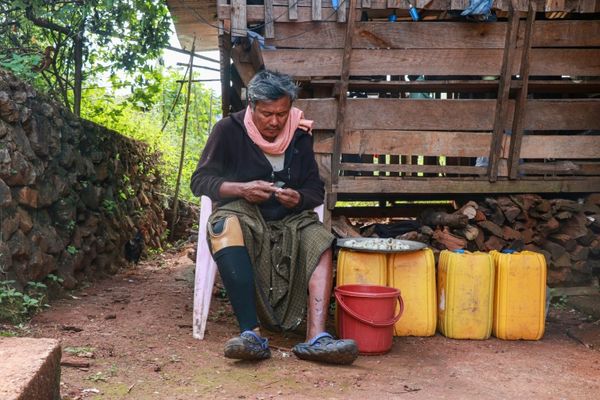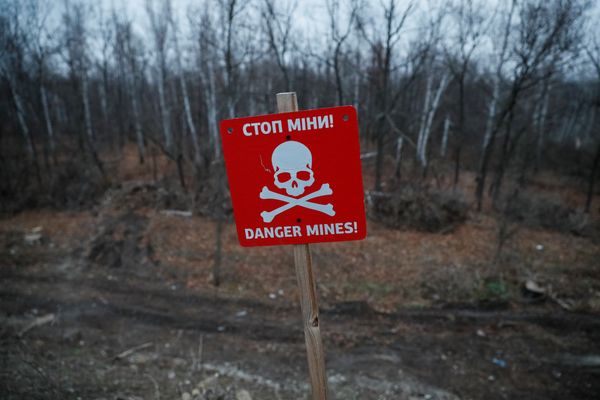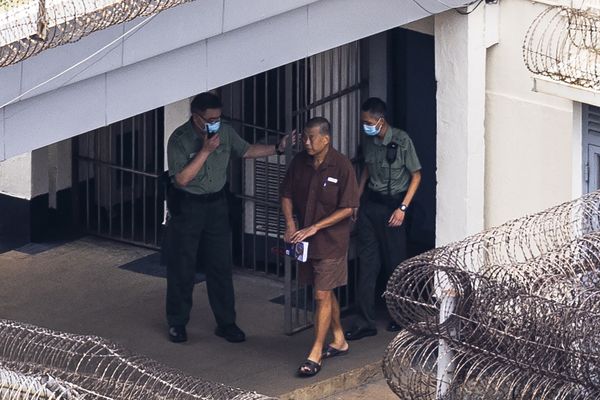
Hunter researchers have made a discovery about a rare and deadly type of cancer that could lead to a new treatment and higher survival rate for older patients.
The Hunter Medical Research Institute research team - Dr Danielle Bond, Dr Heather Lee and Dr Luiza Steffens Reinhardt - identified a leukaemia cell type that has high cholesterol production.
With $100,000 in funding from Cure Cancer Australia, the team has used this discovery to produce promising preclinical data on a treatment for acute myeloid leukaemia [AML].
They hope to run a phase one clinical trial on humans at the Calvary Mater Newcastle.
"We've been treating these leukaemia cells with a cancer therapy known as epigenetic drugs," said Dr Bond, also of University of Newcastle.
While the drugs kill some of the cancer cells, others adapt and evade them.
Dr Bond said the evasive cells were somehow gaining a "survival advantage" from the drugs, making them "more aggressive".
"I wanted to look at why they survived," Dr Bond said.
In doing so, she discovered that "we're potentially seeing an increase in production of cholesterol and lipids" in these cells.
The team, which aims to publish a paper on the discovery early next year, considered whether an existing drug could target this.
"We know statins are safe and effective in humans. They've been around for decades to lower cholesterol," Dr Bond said.
So the team combined statins with epigenetic drugs, which showed an anti-cancer response in preclinical models.
"Less cancer cells are surviving. We're quite excited about that," Dr Steffens Reinhardt said.
Many of the patients who get AML are elderly.
"You can't give toxic chemotherapy to elderly patients. It would kill them," Dr Bond said.
She said drugs for AML "usually target cells in the blood".
However, the drug combination the team is using "may be able to treat the cancer cells in the bone marrow".
"Those cancer cells act like stem cells, meaning they can replicate and grow. If we can target the cholesterol in these evasive cells, we hope to be able to halt the cancer and reduce the relapse rate."
The relapse rate in AML patients is high, usually about six to 12 months, with an average life expectancy of no more than five years from diagnosis.
"We wanted to know why the cancer recurs so quickly and see if we could improve that," Dr Steffens Reinhardt said.
While AML is rare, the survival rate is about 28 per cent - making it "very deadly".
The researchers are seeking funding of about $150,000 for a safety trial that would precede a clinical trial.
Patient Perspective
Maitland's Sarah Lukeman, who was cured of a rare subtype of AML, has been helping the research team understand the "patient perspective".
"I'm alive because of research in the past," Mrs Lukeman said.
She said repurposed drugs could be particularly good for affected patients because "they can be quickly put into clinical trials and become standard treatment".
"For cancer patients, time is critical. A lot of research can take two decades to come into clinical practice."







